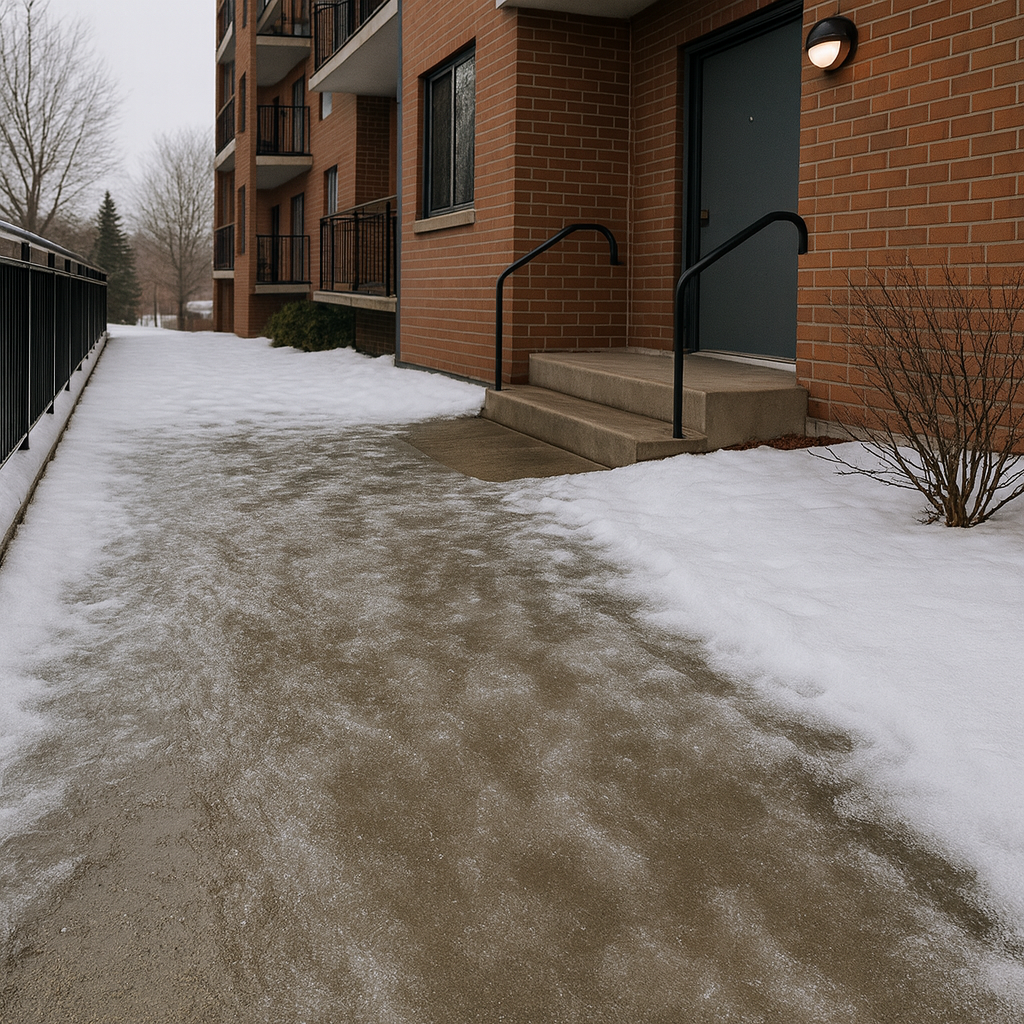
Yes — but success depends on proving negligence. To win an apartment complex slip and fall lawsuit, you generally must show that:
If these elements are proven, you may have grounds to pursue a lawsuit against an apartment complex for compensation. These lawsuits often hinge on whether management took reasonable steps to protect tenants and visitors. According to the CDC’s fall prevention research, slip and fall accidents are one of the leading causes of injury in the United States, underscoring why property owners must take safety seriously.
Hazards are everywhere — even in your own home. Apartment complexes, with their staircases, parking lots, lobbies, and shared walkways, can be just as risky as public spaces when property owners or managers fail to maintain them. From wet entryways and icy sidewalks to broken railings or uneven flooring, unsafe conditions can turn routine tasks into life-altering accidents.
The law recognizes that landlords and property managers have a duty to keep these common areas safe. If they fall short and you’re injured, you may have the right to sue, but only if you can prove negligence. That’s the foundation of an apartment slip and fall claim.
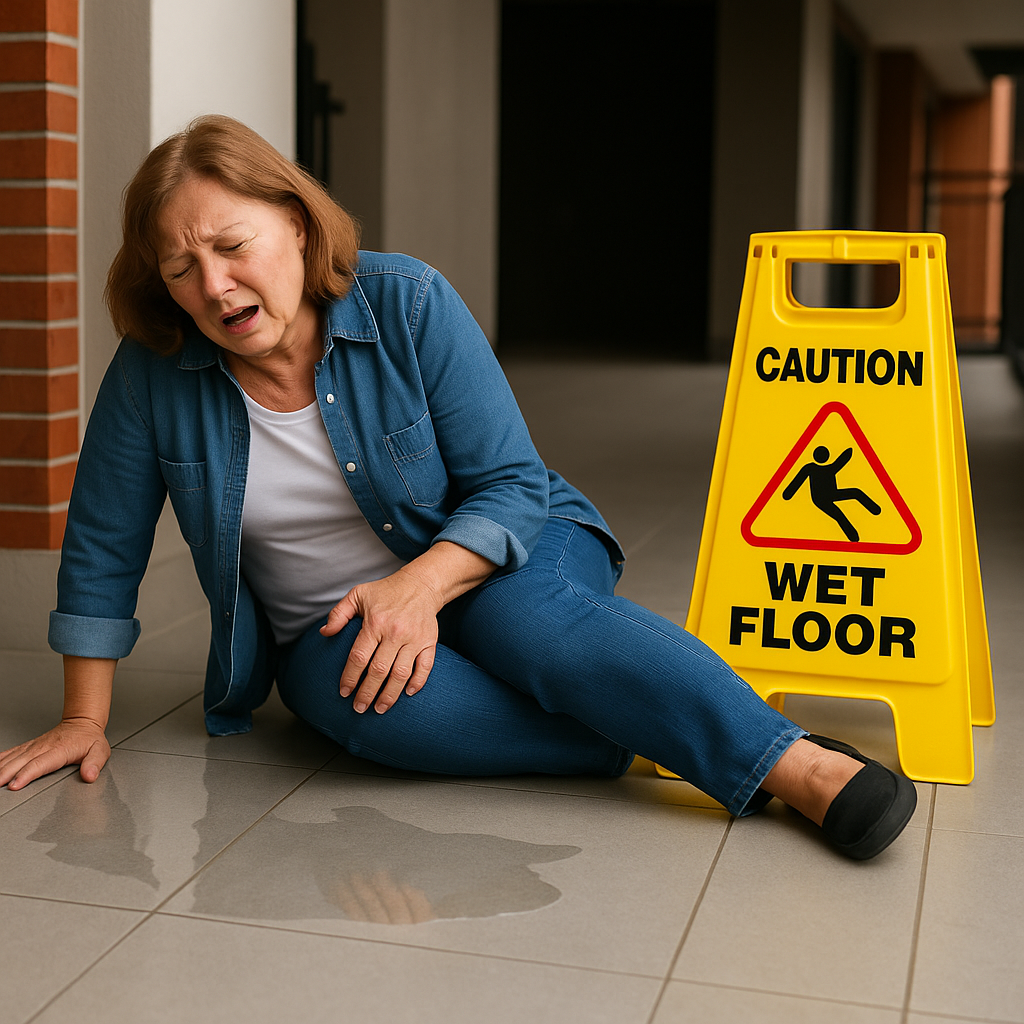
An owner or property manager can be held liable when a preventable hazard in a shared area causes your fall and they fail to act with reasonable care. These scenarios often lead to tenants or guests filing an apartment complex slip and fall lawsuit.
It applies to common areas the housing provider controls, such as:
To decide if the complex is responsible in an apartment slip and fall lawsuit, courts typically consider whether the owner/manager:
Standards from OSHA highlight how poor flooring, inadequate lighting, and ignored hazards in shared spaces contribute to dangerous conditions. Each of these issues can lead to an apartment complex slip and fall lawsuit, especially if tenants or guests previously warned management about the danger.
Snow removal companies, janitorial services, or maintenance vendors can share fault, but in many jurisdictions the owner/manager still bears responsibility for keeping common areas safe. Courts often rule that outsourcing does not excuse negligence in an apartment complex slip and fall lawsuit.
As a tenant, you are generally responsible for everyday conditions you create, like spills or clutter. However, landlords can be liable when the cause of the fall ties back to something they are legally required to maintain, such as:
If you reported the problem and the landlord failed to fix it within a reasonable timeframe, they may be found negligent. For example, if you warned management about a soft spot in the floor and later injured yourself when it collapsed, you may have a valid claim and potential apartment complex slip and fall lawsuit.
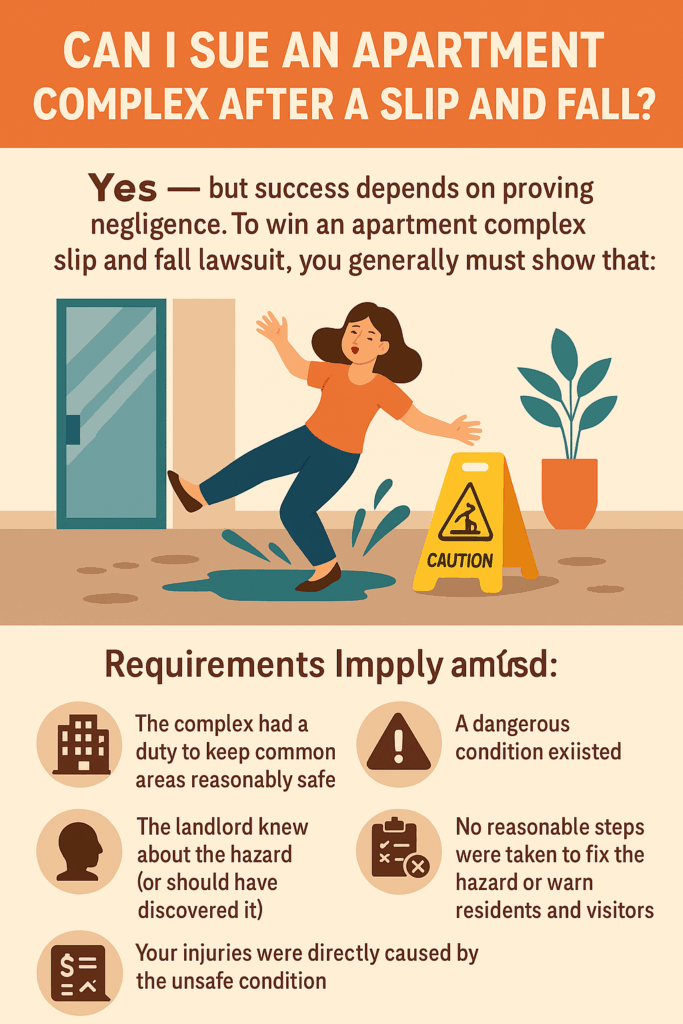
Visitors to an apartment complex are generally considered invitees under premises liability law. They are owed the same level of protection in common areas as tenants. Owners and managers must keep walkways, entrances, and shared facilities reasonably safe for anyone lawfully on the premises. When they fail, guests may pursue an apartment slip and fall claim to recover medical bills, lost wages, and other damages.
Rain, snow, and freeze-thaw cycles complicate these cases, but they don’t end them. The focus shifts to what was reasonable once conditions made walking surfaces risky. Courts often review weather-related cases under the same standards as any other apartment complex slip and fall lawsuit.
Countering these defenses effectively is key to winning an apartment complex slip and fall lawsuit.
An injury in an apartment complex can leave you facing medical bills, missed work, and long recovery. Proving negligence requires documentation, legal knowledge, and strong advocacy. Thompson Law has the experience to investigate unsafe property conditions, gather evidence, and fight for the compensation you deserve. Our attorneys have guided many clients through the apartment complex slip and fall lawsuit process, giving them an advantage against landlords and insurers.
Contact our apartment slip-and-fall attorneys at Thompson Law today for a FREE CONSULTATION and let us handle your claim while you focus on healing.
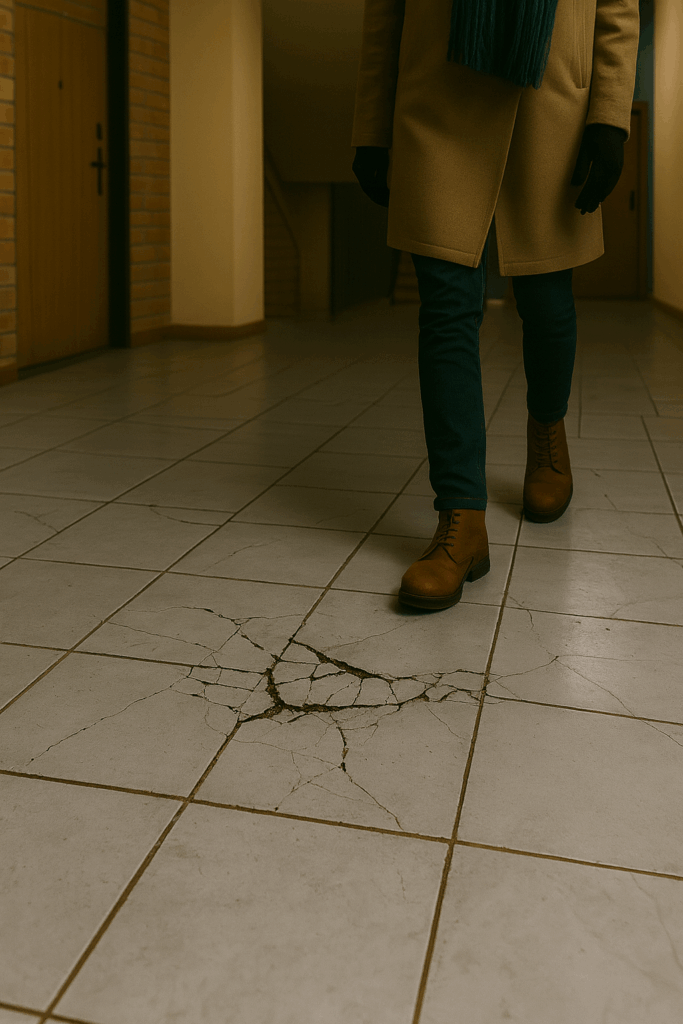
Serving clients in:
Common hazards include wet or icy entryways, loose railings, broken stair treads, poor lighting in hallways or garages, and uneven sidewalks or flooring. Any hazard that management ignores or fails to fix may create liability and lead to an apartment complex slip and fall lawsuit.
Yes. Courts usually require showing that the landlord or property manager either had actual notice (they were told or saw the hazard) or constructive notice (the condition existed long enough that they should have discovered it during inspections). Without this, an apartment complex slip and fall lawsuit is difficult to win.
Possibly. If the fall was caused by a defect the landlord was responsible for — such as water leaks, faulty flooring, or broken fixtures you reported but were never repaired — you may still have a claim under an apartment complex slip and fall lawsuit.
Yes. Visitors are typically considered invitees under premises liability law, which means the landlord owes them the same duty of care as tenants. If a guest is injured because of a hazard in a common area, they may pursue an apartment slip and fall claim.
Compensation may cover medical expenses, rehabilitation, lost wages, pain and suffering, and in severe cases, long-term disability or reduced quality of life. Each case depends on the severity of injuries and the strength of the evidence supporting the apartment complex slip and fall lawsuit.
Immediately. Evidence such as surveillance footage, witness accounts, and maintenance records can disappear quickly. Most states also have strict statutes of limitations for filing claims, and some require notice to landlords or property managers within specific deadlines. The sooner you act, the stronger your apartment slip and fall lawsuit will be.
Sí. Hablamos español. We provide bilingual support so Spanish-speaking clients have full access to our attorneys for any apartment complex slip and fall lawsuit.



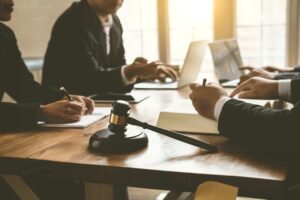

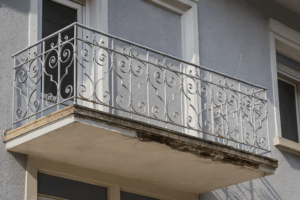
Thompson Law charges NO FEE unless we obtain a settlement for your case. We’ve put over $1.9 billion in cash settlements in our clients’ pockets. Contact us today for a free, no-obligation consultation to discuss your accident, get your questions answered, and understand your legal options.
State law limits the time you have to file a claim after an injury accident, so call today.